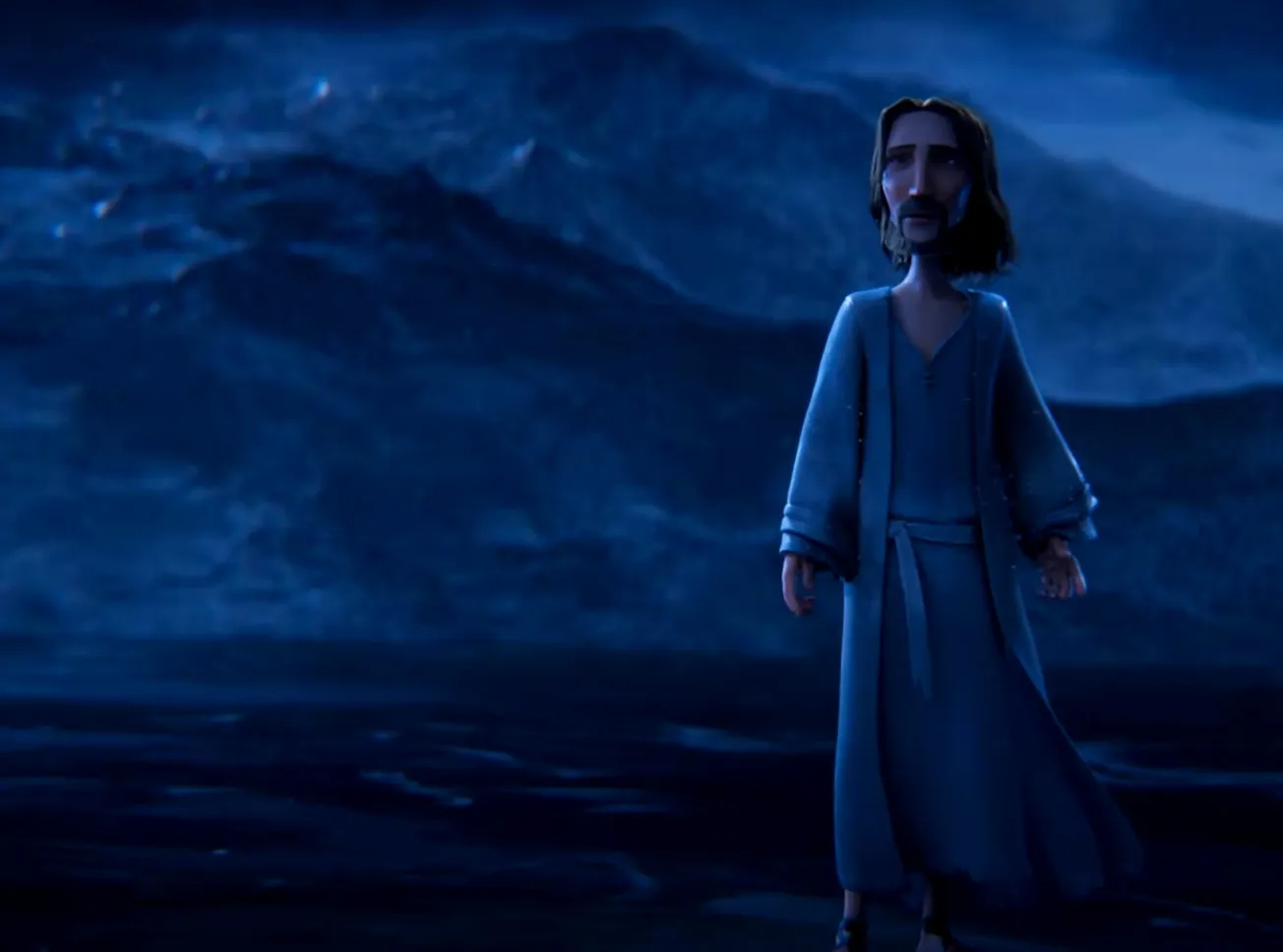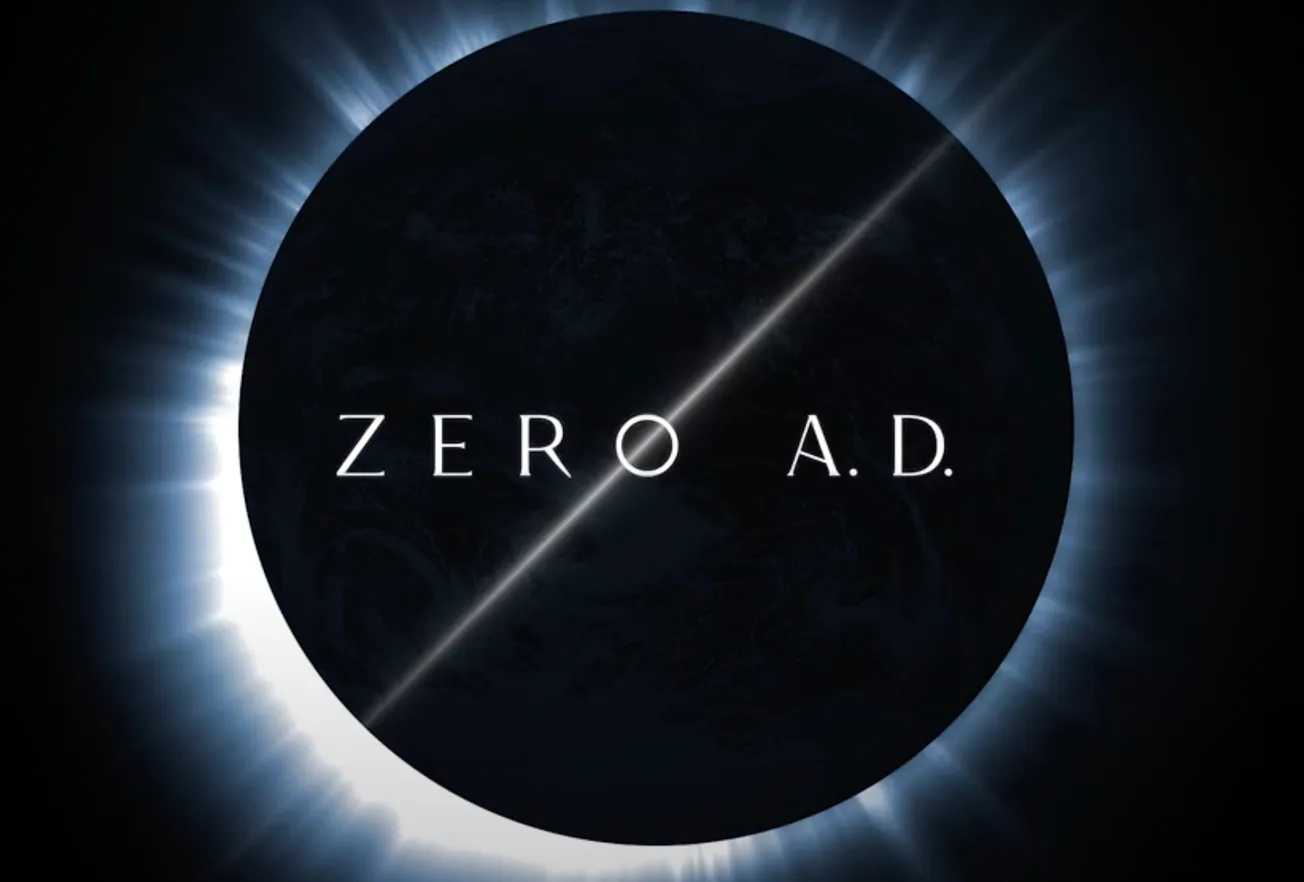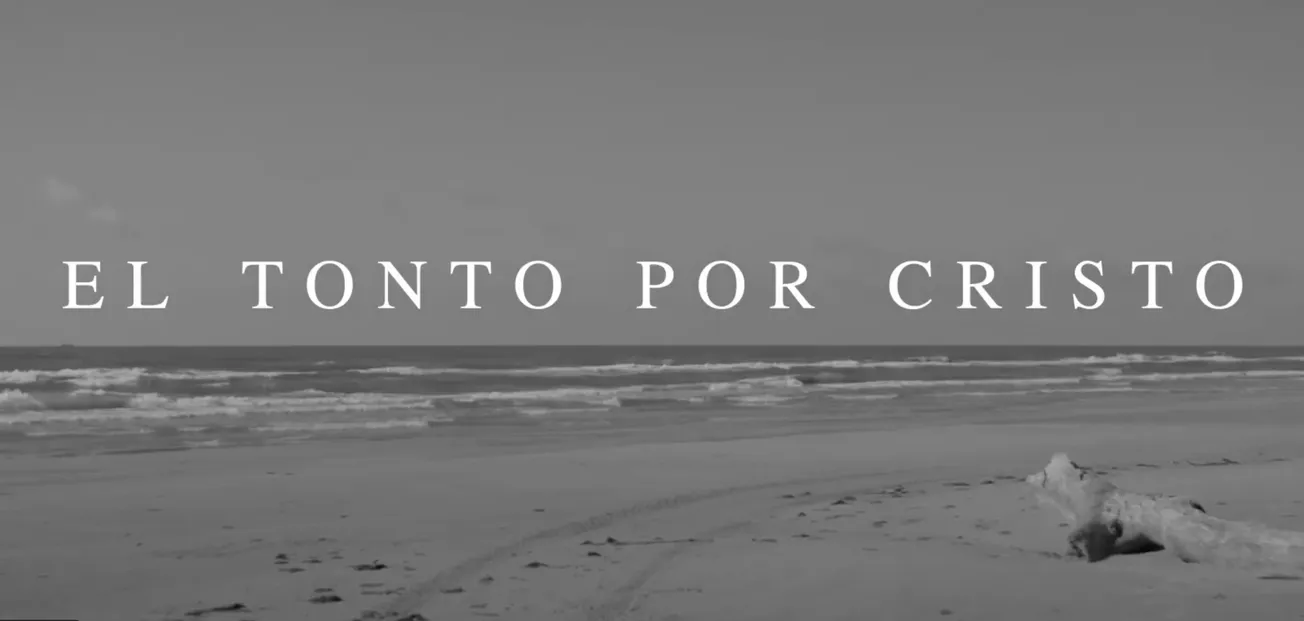It looks like faith-based filmmaker Brent Ryan Green has optioned Stephen R. Lawhead’s King Raven Trilogy, and has plans to make something unique.
Variety reports on Stephen R. Lawhead’s King Raven Trilogy, a historical-fiction re-imagining of Robin Hood, getting optioned as a series. It is unknown, as yet, which network or streaming service will acquire the series, or if any distribution deals have been made, but I'm hoping for Angel Studios or Daily Wire to pick it up. This will ensure any future seasons of the show will remain true to the legacy, instead of being rewritten the way properties such as The Witcher or Wheel of Time have been completely corrupted by Hollywood's popular streaming giants.
Who is the optioner? Brent Ryan Green, has acquired it and will be shooting it under the banner of his own BRG Films, which he has stated is about cultivating his own style as a director. Green has shown a prolific and storied 20 years of work in the film industry, especially in the faith-based market, where he began doing production management for Beyond the Gates of Splendor (2002), and The End of the Spear, then worked to produce God’s Not Dead, Do You Believe, I Can Only Imagine, American Underdog, and eventually also The Chosen. In the more mainstream Hollywood film world, he worked with Academy Award-winner Martin Scorsese (who is Catholic) on Silence (2016), Wild Indian (2021), and Killers of the Flower Moon (2023).
But, if you watch his trajectory, he has been working towards eventually directing his own films, and this appears to be his best opportunity to do something novel, and unique. After all, that’s the kind of aesthetic you get with King Raven.
Lawhead's King Raven Trilogy consists of: Hood, Scarlet, and Tuck. And they paint a more historically believable scenario from which this legend of Robin Hood likely derives. It is more gritty, and meant to have a more historically plausible premise. Taking place in the wilds and stoney hills of Wales instead of the darkened, more lush, Sherwood.
Lorehaven also discusses the books' acquisition, stating that they believe Green was actually being a bit inaccurate when they compared Lawhead’s work to Lewis and Tolkien, because they felt the similarity rather strained, having been well acquainted with these works’ similarities and disparities. But, as a filmmaker I can actually understand his comparison.
It’s not to disagree that their work is dissimilar, but this is only true from a literary perspective. As a filmmaker, we must understand that Green is painting a picture for the viewer and for others in the industry. He has to bring them to imagine what this will look like in comparison to the traditional version of Robin Hood. He's gotta sell it to us.
Others in the industry think of these stories from an industry perspective, that is from the closest comparison to it that already exists in film. You have to not only appeal to the viewer visually, but also tonally, as a different kind of adventure. Filmmakers have to let people know what to expect when they go to see their film, and this has less to do with plot, description, dialogue, or character styles (the way a literary work might distinguish itself to a reader) and more to do with visual aesthetic, setting, tone, and film genre. If it is about character, it is more about your lead casting choices than it is about the book's character arcs.
In other words, it is as much of a marketing choice, as it is a story choice. We might balk at this, but filmmaking being such an expensive art form, this has become a necessary part of making films happen. It effects the way filmmakers think and speak about their films.
Lorehaven acknowledges this is true to a degree, but I want to press this point home, because this is less a matter of a conscious preference and more of a distinct difference in how filmmakers actually think. Filmmakers become successful or become attracted to film often because they were already proficient in this way of thinking. Birds of a feather. So, Green isn't only "trained" to do this (assuming he want to film school), but is likely already naturally imagining the project based more upon the visuals he sees in his mind from what has already come before him, so that there is a helpful reference point.
It's like a painter saying, I want this painting to look like Rembrandt in this aspect and Van Gough in that. What comes out will likely look like neither, but he was not necessarily incorrect to give these reference points. Surely, many will complain, but this is part of the process.
So, this isn’t necessarily a question of “have to’s” for the marketing people (although that is part of it), but it’s more about the fact that film people actually think differently. Complicated plots and florid language often get completely left behind in favor of sequences, visual style, and the uniqueness of their lead characters. For filmmakers, these more tactile elements speak more vibrantly with the language of cinema instead of in the written word.
With these minor considerations, as well as the considerations that Lorehaven have already made... that yes, they have to sell an idea to an industry that is almost entirely illiterate about this genre of story, and so they have to put on their marketing hat... and this is going to reflect in the lack of nuance in their explanation, even if the filmmaker knows that this is for the most part an inadequate description. So, understanding the filmmaker's job here, to first visualize it, establish key sequences, then to market this idea to the industry and the potential future viewer, this is exactly what they should do and say.
We may balk, "Sure, but why is it this way in the film industry, in the first place?" The primary reasons for this is that filmmakers, from the beginning of film school to the end, including what you'll hear in indie filmmaking on YouTube, is that you have to serve as your own marketing team (they don't necessarily tell you the reason that you must, but they tell you that you must). And one of the ways to do this is to build what's called a pitch deck, often in order to build an attractive "package" to sell. In that pitch deck is the film's genre and financials, including what films in your genre were most successful, therefore revealing the top-end of the potential profits your film could achieve. The quick version that works it's way into your pitch goes like this... "King Raven is LotR meets Game of Thrones with the heart of CS Lewis."
And that's exactly what was said here. Because this is the literal elevator pitch.
In stating this pitch he is whetting the appetite for any potential investor or fan to show themselves since they already like those properties. This is not a misrepresentation of the film either. It will have moments that bear a strong enough resemblance to certainly merit these comparisons, because these are very broad comparisons. As they are supposed to be because this is part of the training filmmakers get, to make these somewhat broad market comparisons.
Another discussion can be had in "why" filmmakers are taught they must do their own marketing, because this is a larger discussion. Nevertheless, it's currently how the industry is. Head to toe.
As Lorehaven supposes, this story has few fantasy films in the genre to compare it to, so yes, this would be a renaissance of interest in the Christian fantasy genre, if this continues. And I hope it does continue so that it can turn into a trend which can garner real attention for the alterna-wood filmmakers waiting in the wings out there.
Are you potentially one of these alternative-to-Hollywood filmmakers out there? Are you wondering if this trend is for you?
But you may be wondering, where are all the other literary works that alterna-wood filmmakers could avail themselves of, to continue this work of building up the more moral, traditional, Christian fantasy and historical fiction renaissance? We only have hundreds of public domain works with which you can avail yourself. Potentially thousands if you can acquire an option for a more modern work, from authors such as CS Lewis, (fellow Inkling) Charles Williams, GK Chesterton, Madeleine L'Engle, Hannah Hurnard, Frank Peretti, or Ted Dekker, as was done here with Lawhead's work.
Here's a small list of work that doesn't require payment or an option.
Danté Alighieri's The Divine Comedy
The Legend of St. George & The Dragon
John Milton's Paradise Lost
John Bunyan's The Pilgrim's Progress
John Bunyan's The Holy War
Longfellow's The Golden Legend
The hagiographies of The Golden Legend
Longfellow's The Divine Tragedy
Longfellow's Christus: A Mystery
Chaucer's Canterbury Tales
Fyodor Dostoyevski's great novels
Victor Hugo's great works
Old folklore such as Doctor Faustus
Hundreds of Bible Stories
Stories of Saints, and other Legends of Men of God
and the 40 (or more) George MacDonald fairy tales and stories that existed before CS Lewis and JRR Tolkien, which influenced them so heavily to make the work they did.
All of these are public domain.
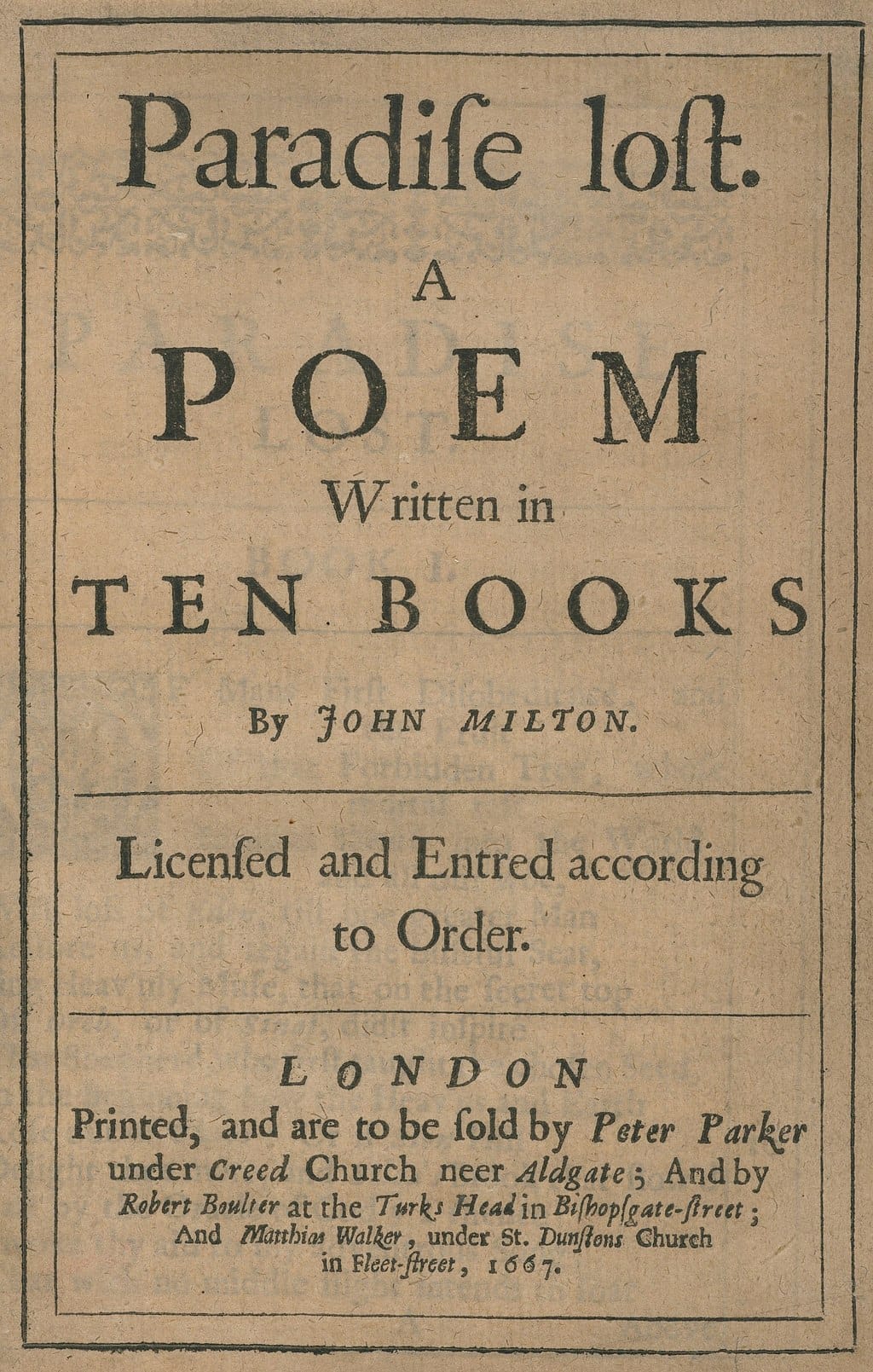
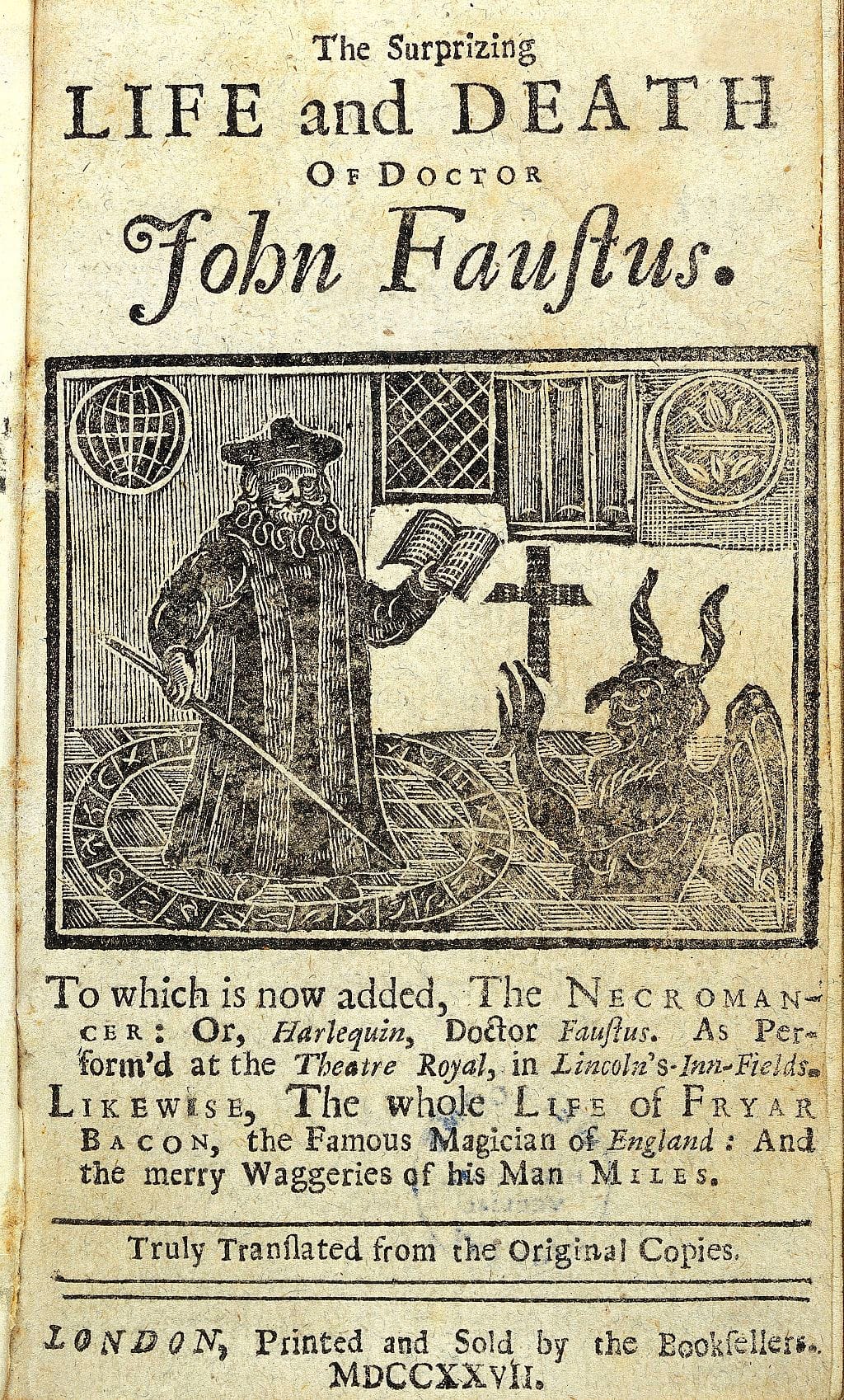

It's true that not all of these are of the same style as these two historical-fiction hard-fantasy-style works that appear to be the growing trend. But I assure you that most of these will scratch that itch, being either some sort of period fantasy, mythical fantasy, or the historical period sort of work that will usher people into a different world. All of these with Christian themes which can travel from the very subdued to the very overt.
And let me just say that if you are not willing or able to read some of these and do the work to adapt them to scripts, I would say you are likely not cut out for filmmaking either. Filmmaking is far more difficult than writing a script based upon a pre-existing great work of literature.
So, we admire people like this who can do the work to make our world just a little bit better. And I find it just as exciting as Lorehaven, in realizing that if this is true, and a trend is being formed, then we are in for some exciting times!
Did you enjoy this article? What do you think of the Lawhead's King Raven Trilogy being acquired? Do you believe that Green can pull off a work like this? Let us know down below (with subscription) or on our social media!
As Lawhead's Arthurian Legend is Becoming A New Series on DailyWire+, are His Robin Hood Re-Imaginings Next Up? #KingRaven https://t.co/bB5sIGtRlA
— Media Moses (@themediamoses) January 3, 2024



